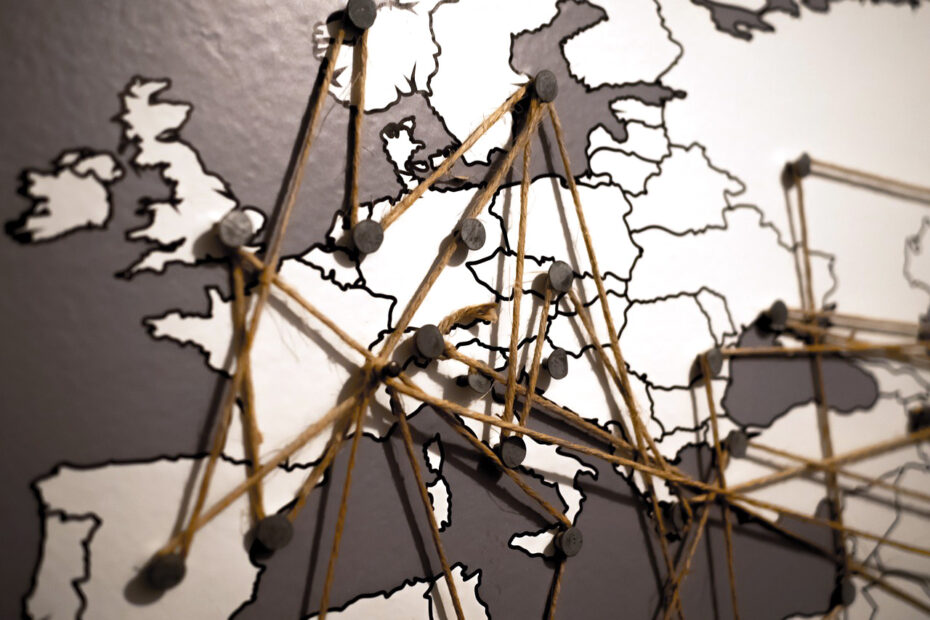Virtual Multinational teams present added challenges … not taught in your typical college class or PM boot camp!

Location of the multinational team
Especially in European Projects/Partnerships, you will work with multinational teams. The time zone difference between Latvia or Turkey and the Canarian Islands makes 2 hours (to the Azores 3 hours). The cultural differences between people from the north (for example Estonia) and the south (Cyprus or Malta) are impressive.
The Challenge
- Most people will assume they understand the time zone thing, but when you start scheduling meetings across multiple time zones, the reality hits hard.
- When working with multicultural teams, it is important to understand the basics of each culture. In some cultures, yes doesn’t mean I agree, it means I heard you.
- While most countries have English-speaking resources, there are plenty that do not, and verbal translation slows down progress & often results in wasted effort. Accents also make understanding verbal communication a challenge.
- Break the team’s work up into modules so that progress in one location is not overly dependent on progress in another.
Coordinating work across distant time zones can be a continuing battle. Many teams we studied sank into acrimony as one part of the team waited for another to complete part of a task, or as one group worked faster than another.
Whenever possible, assign tasks to team members in different locations that allow them to move ahead at their own pace. Depending on the type of work, try designing the workflow so that contributions from different locations can be assembled into a whole toward the end of the process.
- When building a virtual team, solicit volunteers as much as possible.
Best Practice Examples
As Wikipedia and Linux have shown, virtual teams, appear to thrive when they include volunteers with valuable skills — people whose proof of commitment is their willingness to join the team on their own.
Nokia, for one, sees a connection between a virtual team’s success and its openness to volunteers. The company says a significant portion of its teams that are working on strategic challenges of the future are made up of people who volunteered for the task.
